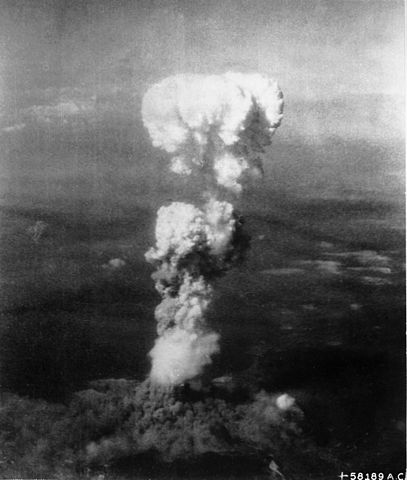By Professor Louis René Beres and General John T. Chain (USAF/ret.)
In world politics, irrational does not mean “crazy.” It does mean valuing certain goals or objectives even more highly than national survival. In such rare but not unprecedented circumstances, the irrational country leadership may still maintain a distinct rank-order of preferences. Unlike trying to influence a “crazy” state, therefore, it is possible to effectively deter an irrational adversary.
Iran is not a “crazy,” or wholly unpredictable, state. Although it is conceivable that Iran’s political and clerical leaders could sometime welcome the Shiite apocalypse more highly than avoiding military destruction, they could also remain subject to alternative deterrent threats. Faced with such circumstances, Israel could plan on basing stable and long-term deterrence of an already-nuclear Iran upon various unorthodox threats of reprisal or punishment. Israel’s only other fully rational option could be a prompt and still-purposeful preemption.

At the time this photo was made, smoke billowed 20,000 feet above Hiroshima while smoke from the burst of the first atomic bomb had spread over 10,000 feet on the target at the base of the rising column (6 August 1945).
Additionally, because of the prospect of Iranian irrationality, Israel’s military planners will have to identify suitable ways of ensuring that even a nuclear “suicide state” could be deterred. Such a perilous threat may be very small, but, with Iran’s particular Shiite eschatology, it might not be negligible. And while the probability of having to face such an irrational enemy state would probably be very low, the disutility or expected harm of any single deterrence failure could be very high.
Israel needs to maintain and strengthen its plans for ballistic missile defense, both the Arrow system, and also Iron Dome, a lower-altitude interceptor designed to guard against shorter-range rocket attacks from Lebanon and Gaza. These systems, including Magic Wand, which is still in the development phase, will inevitably have leakage. It follows that their principal benefit would ultimately lie in enhanced deterrence, rather than in any added physical protection.
A newly-nuclear Iran, if still rational, would need steadily increasing numbers of offensive missiles in order to achieve a sufficiently destructive first-strike capability against Israel. There could come a time, however, when Iran would be able to deploy more than a small number of nuclear-tipped missiles. Should that happen, Arrow, Iron Dome and, potentially, Magic Wand, could cease being critical enhancements of Israeli nuclear de


